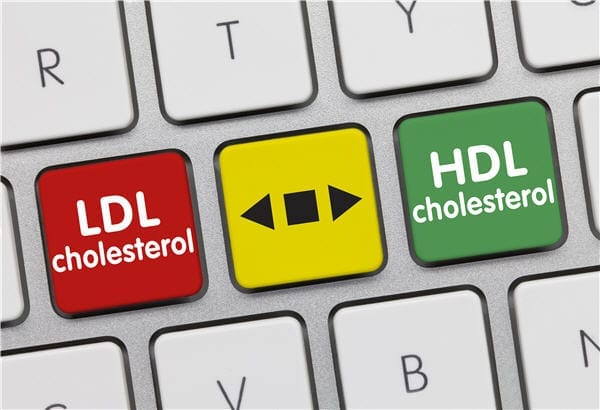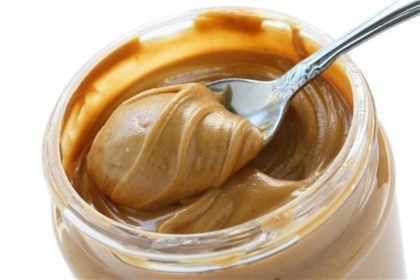If you think getting Alzheimer’s disease is a just a consequence of bad genes or bad luck, think again. Researchers suggest you could have some control over your getting the disease.
A UC Davis study revealed that healthy cholesterol levels not only keep your heart healthy, but your brain too. It is the first study to specifically link cholesterol to amyloid plaques in the brain of living human participants. Deposits of amyloid plaque (detected by a brain scan) are indicative of Alzheimer’s disease.
What is Amyloid Plaque?
Amyloid beta (or beta amyloid) is a protein necessary for normal brain activity. But, in the early stages of Alzheimers, this protein forms deposits, known as amyloid plaques, which disrupt communication between nerve cells in your brain.
Cholesterol Levels Linked to Alzheimer’s Risk
The study revealed the following are associated with higher levels of amyloid plaque deposits:
- High levels of LDL (“bad”) cholesterol
- Low levels of HDL (“good”) cholesterol
Get Your HDL Up and LDL Down
Unhealthy patterns of cholesterol could directly contribute to Alzheimer’s disease just as it promotes heart disease. Modify your lifestyle, diet and statin drug therapy to achieve these cholesterol levels (ideal for people at very high risk for heart disease):
- LDL (low-density lipoprotein): <70 mg/dL
- HDL (high-density lipoprotein): >60 mg/dL
![]() Karen’s Fit Tip: Eating a diet high in soluble fiber can help reduce your LDL levels. See Best Fiber Fix for Cardiacs and Diabetics. Also, studies have shown that eating ground flaxseed can lower LDL’s by 10%. See Eat this Food EVERY Day. Regular cardiorespiratory (aerobic) exercise is one of the most effective ways to raise your HDL’s. More details to come!
Karen’s Fit Tip: Eating a diet high in soluble fiber can help reduce your LDL levels. See Best Fiber Fix for Cardiacs and Diabetics. Also, studies have shown that eating ground flaxseed can lower LDL’s by 10%. See Eat this Food EVERY Day. Regular cardiorespiratory (aerobic) exercise is one of the most effective ways to raise your HDL’s. More details to come!
*Associations between serum cholesterol levels and cerebral amyloidosis. Journal of American Medical Association Neurology. Dec 2013.






